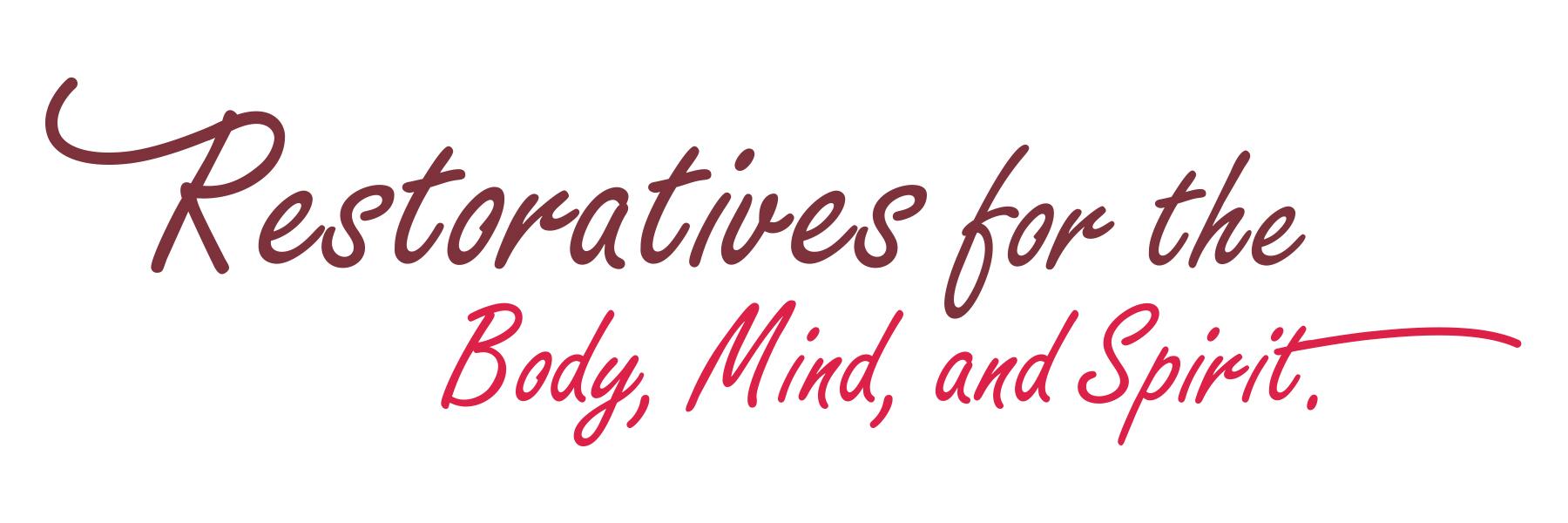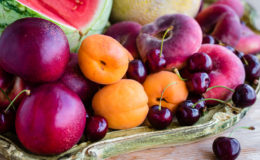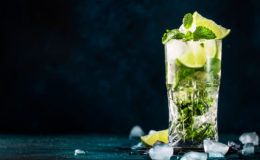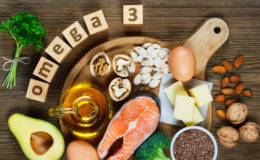“You are both stars, don’t forget.
When the stars exploded billions of
years ago, they formed everything
that is this world. The moon, the
trees, everything we know is
stardust. So don’t forget. You
are stardust.
– ROSE PEDDLER”
― Richard Linklater, Before Sunrise
Part II
Part II explores the specific role of iron in the body and includes a variety of suggestions of how iron levels have been shown to be supported across a range of healing modalities.
Read Part I to learn more about iron as an element, how we have interacted with iron in history, and symptoms of iron deficiency.
***If you suspect you have iron deficiency, work with a medical professional to create an appropriate treatment plan.***
Iron Absorption and Regulation in the Body
Iron is found in hemoglobin in red blood cells in the body. When red blood cell count is low, there is less oxygen that is transported and delivered to the tissues and organs in the body. It is important to understand iron absorption to ensure adequate red blood cell production in the body.
The ability of our body to absorb iron is equally as important as iron levels. In a tightly regulated system due to its toxicity in high doses, the body maintains iron storage when there is an excess. This can become a problem when signals get mixed up and the high iron storage signals the body that there is enough iron when in reality, our bodies most easily iron consumed in an ongoing basis. In this case, iron storage has reached capacity sending a message that there’s no need to absorb incoming iron and leads to the same symptoms as iron deficiency. A ferritin test will help the doctor understand if there is a situation of low iron or iron overload. A diagnosis of low iron or a more serious chronic condition is worked out by obtaining both blood iron levels and ferritin levels. Hemochromatosis is the most common type of iron overload and is a genetic condition in which the body has a tendency to absorb excess iron from the diet. Those with this diagnosis follow a diet to that reduces iron consumption to avoid toxicity.
Tests to measure iron level include serum iron which measures the level of iron in the blood, serum ferritin which is a protein supporting iron storage in the body, and transferrin level which is the protein carrying the iron in your blood.
Causes of Low Iron
There are a variety of causes that may contribute to low iron in the body which itself is a complex machine of hormones and systems that interact with one another. It’s necessary to work with a medical professional to understand the source of the problem. It’s worth doing the detective work and as we’ll see, some medical traditions such Ayurveda and Traditional Chinese medicine treat the cause rather than simple the symptoms. An iron supplement sounds like a quick and easy fix, but it won’t necessarily resolve the situation if the underlying cause isn’t addressed.
Causes for low iron and iron deficiency may include: heavy menstruation, lack of sufficient iron in diet, poor iron absorption, internal bleeding, stress, rigorous exercise, vegetarian diet, anxiety, chemotherapy, and pregnancy, just to name a few. Excessive stress is especially toxic systemically. It shuts down ordinary digestive function and the release of stomach acids which prepare the stomach to absorb important nutrients, including iron.
Dietary Iron
There are two types of dietary iron.
Heme iron is that which comes from animal sources and is more easily absorbed into the body.
Non-Heme iron comes from plant sources and has been shown to be less easily absorbed into the body.
Blood Deficiency, TCM and Ayurveda
Traditional Chinese Medicine (TCM) considers low iron in the body to be blood deficiency. Treatment is directed at the liver, spleen, and digestive system rather than at iron levels itself. In Ayurveda medicine, iron deficiency is believed to be rooted in a “weak digestive fire”. Dietary recommendations are based on balancing the digestive heat in the body to support the blood and ensure adequate elimination of toxins. Like TCM, the focus is on a blockage in the liver. Healthy digestion is the primary focus followed by supporting circulation.
Recommendations
The best and fastest way to increase iron levels in the body is through dietary food containing heme iron. The following is a collection of other known modalities to support optimal iron levels in the body. Be sure to discuss with your doctor for which ones are right for you.
Diet
Much research has revealed that calcium in foods and supplements specifically blocks iron absorption, therefore it’s necessary to be strategic to target optimal levels of iron absorption. A message for those who eat meat from The Iron Disorders institute suggests:
- Two hours BEFORE a “Meat Meal” AVOID coffee, tea, high fiber, eggs, chocolate, dairy or calcium supplements
- “Meat Meal” is lean, red meat: beef, venison, lamb or dark meat chicken, turkey or fish. Eat with: a leafy green salad and vitamin C rich food such as juice: (tomato, vegetable juice or orange juice.) Take iron supplements* with this meal.
- Two hours AFTER a “Meat Meal” AVOID coffee, tea, high fiber, eggs, chocolate, dairy or calcium supplements
For those who do not eat meat it’s especially important to pay attention to the following lists and to what enhances iron absorption and what interferes with it. Then adjust your meals and lifestyle choices accordingly to get the greatest result. For example, drizzle lemon juice on a serving of spinach and consume any dairy or high calcium food at another meal. In essence, follow the above instruction with your non-heme iron and discuss with your doctor how to further increase iron levels.
Heme Foods with highest dietary iron:
- Beef Liver
- Chicken liver
- Giblets
- Oysters
- Mussels
- Clams
- Beef
- Egg yolks
- Blood Sausage
- Black pudding
- Desiccated liver (in pill or powdered form)
- Bone Broth
Non-Heme Food with highest dietary iron:
- Prune juice
- Spinach & dark leafy greens
- Sesame seeds
- Pumpkin seeds
- Chickpeas (with lemon)
- Beet juice
- Dulse
- Chard
- Parsley
- Blackstrap molasses
- Dried apricots
- Pistachios (best nut, other nuts such as almonds may inhibit iron absorption)
The following enhance absorption of iron:
- Pink Himalayan salt (its pink hue is due to iron deposits in the rocks)
- Vitamin C
- Vitamin A
- Potassium
- Manganese
- Adequate copper
- Cook with a cast iron skillet
- Use Iron Fish to naturally increase iron in food and water
The following interfere with the absorption of iron:
- Caffeine
- Alcohol
- Calcium
- Magnesium
- Zinc
- Phytic Acid (found in grains and legumes)
- Gluten
- Casein
- Soy
- PUFAs (bad fats, fried food)
- Sugar
- Tannins
- Soda
- High Cortisol (stress)
- Worry and anxiety – viscous cycle between cause and effect of low iron; worry tends to cause loose bowls which tends to inhibit absorption of nutrients in general; low iron causes stress on the body which exaggerates symptoms of worry and anxiety
Medications interfere with iron-absorption (keep a 2 hour window between consumption):
- Anti-acids
- PPIs
- Tetracycline and other antibiotics
- Painkillers
TCM
Traditional Chinese Medicine may include consumption of herbal tonics, herbs, and bone broth; acupuncture and other therapies.
Ayurveda
An Ayurvedic doctor will work with your diet to bring your doshas into balance. Treatment may include tonics and herbs that support the body to strengthen the immune system, and a customized diet to regulate digestion and circulation, and eliminate toxins effectively.
Crystals
Crystals are used in healing to promote physical, emotional, and spiritual wellness by interacting with the body’s energy field. You can wear them as a bracelet or necklace, carry them in your pocket, and keep them by your bedside or under the pillow while sleeping. Be sure they are regularly cleansed or charged in running water, sunlight, or moonlight.
- Hematite – known for its grounding and protective properties. It has a powerful connection to the blood and supports restoration, strengthening, and regulation of blood supply.
Herbs and teas
Best to focus on herbs to support liver and digestion, as well as stress reduction.
- Liver tonic
- Peppermint tea
- Chamomile Tea
- Tea of nettle leaf and dandelion leaf
- Fresh parsley added to meals
Essential Oils
The best way to use essential oils to support low iron is to use them to reduce stress, manage moods, and support sleep.
- Citrus oils – lemon, orange, tangerine
- Peppermint
- Eucalyptus
- Frankincense
- Lavender
Lifestyle
- Sleep – Sleep is our body’s dedicated time for restoration and recovery. Waste is eliminated and systems are recharged in preparation for a new day. Read more about the importance of sleep in a previous blog, Reclaiming Sleep, and consider ways to improve your sleep routine to make the most of this time.
- Movement – regular movement supports the lymphatic system to release toxins from the body. It also stimulates circulation and blood flow. Monitor movement according to physical ability and energy levels. I wrote about the important of movement in the post Forget exercise less, move more.
- Stress Reduction – Stress is one the most toxic things we are exposed to on a regular basis. Optimal health and balance of body, mind, and spirit will not be achieved without learning about and practicing ways to reduce stress. This may include breathing exercises, mindfulness and meditation, yoga, massage, close relationships,
- Self-confidence – Do things that make you feel empowered. Be your best self.
Well friends, you made it to the end. My hope is that you found something useful and learned something new. Please share this with others so that we can all have a better understanding of optimal iron level for vitality and live long and strong.
***I am not a doctor or medical professional. I am a health coach, writer, researcher, and teacher. My aim is to share the information that I have discovered in order to expand the understanding of what is possible in terms of treating and healing health related issues of the body, mind, and spirit with natural remedies when possible based on traditions from around the world to complement and enhance modern conventional medicine. ***
If you are interested in focused support with your specific health challenges, meal planning, menus and lifestyle adjustments, please contact me at sheila@restorativelife.com







